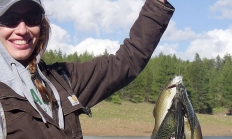Search myodfw.com
Showing 301 - 320 of 386 results
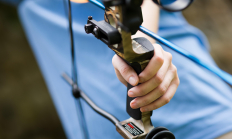
Find maps, boundary descriptions and the percent public land for the Dixon Unit.
Find maps, boundary information and the percent public land in the Rogue Unit.
Find maps, boundary information and the percent public land for the White River Unit.
Find maps, boundary descriptions and the percent public land for the Alsea Unit.
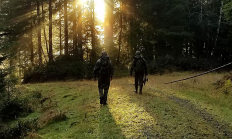
Find maps, boundary descriptions and the percent public land for the Catherine Creek Unit.

Find maps, boundary descriptions and the percent public land for the Malheur River Unit.
Find maps, boundary descriptions and the percent public land for the Beatys Butte Unit.
SOUTH CENTRAL BIG GAME HUNTING January 22, 2026 Above average snowpack in higher elevations coupled with a low snowpack on winter range bodes well for a great year of antler growth and fawn/calf survival in Lake and Klamath counties. Significant snowpack helped offset a dry spring and early summer. Mild temperatures and late summer rains have us looking forward to an excellent upcoming big game season. Fire areas in recent years have begun to recover and recruitment for deer and elk is up from prior years. Open seasons Cougar ( Check current harvest numbers), coyote https://www.eregulations.com/oregon/hunting/elk-seasons Announcements, resources 2025 Big…
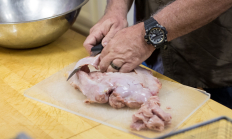
NE BIG GAME HUNTING January 22, 2026 Currently open Cougar ( Check current harvest numbers), coyote, elk ( Check regulations for specific dates and units) Announcements, resources 2025 Big Game Hunting Forecast Big game harvest statistics - You'll find links to population, harvest and point summary reports that can help you decide what hunts to apply for next season. Please report elk with hoof disease - If you see elk showing signs of elk hoof disease, including lame or limping elk or elk with damaged, injured, missing or deformed hooves, please report it using this online form. Coyote and wolf…
Find maps, boundary descriptions and the percent public land for the Fort Rock Unit.
Find maps, boundary descriptions and the percent public land for the Stott Mountain Unit.
Find maps, boundary descriptions and the percent public land for the Juniper Unit.
Find maps, boundary descriptions and the percent public land for the Scappoose Unit.
Find maps, boundary descriptions and the percent public land for the Wagontire Unit.
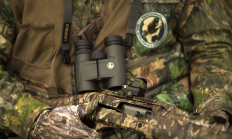
SALEM, Ore. – People across Oregon are being urged to avoid contact with sick or dead birds as highly pathogenic avian influenza (HPAI) continues to impact wild and domestic bird populations across the state. There is currently no effective treatment for wild and domestic birds, and the virus can spread…

